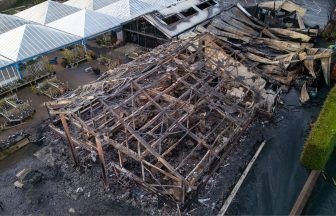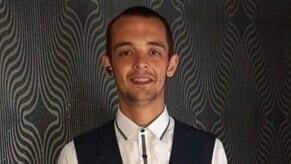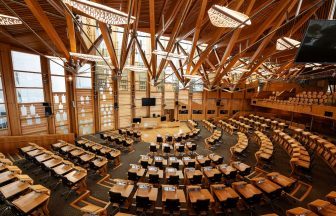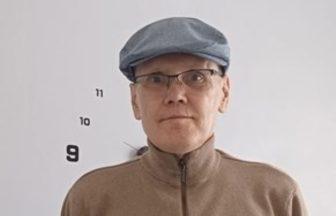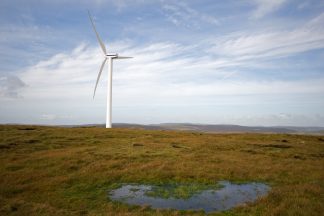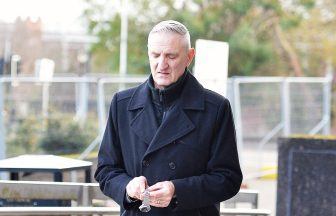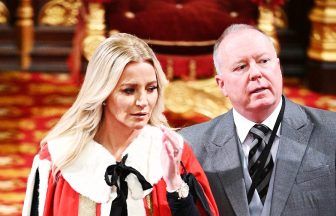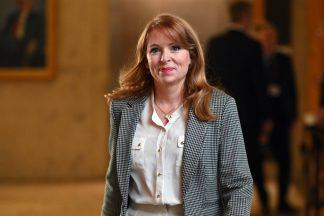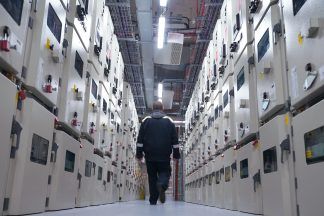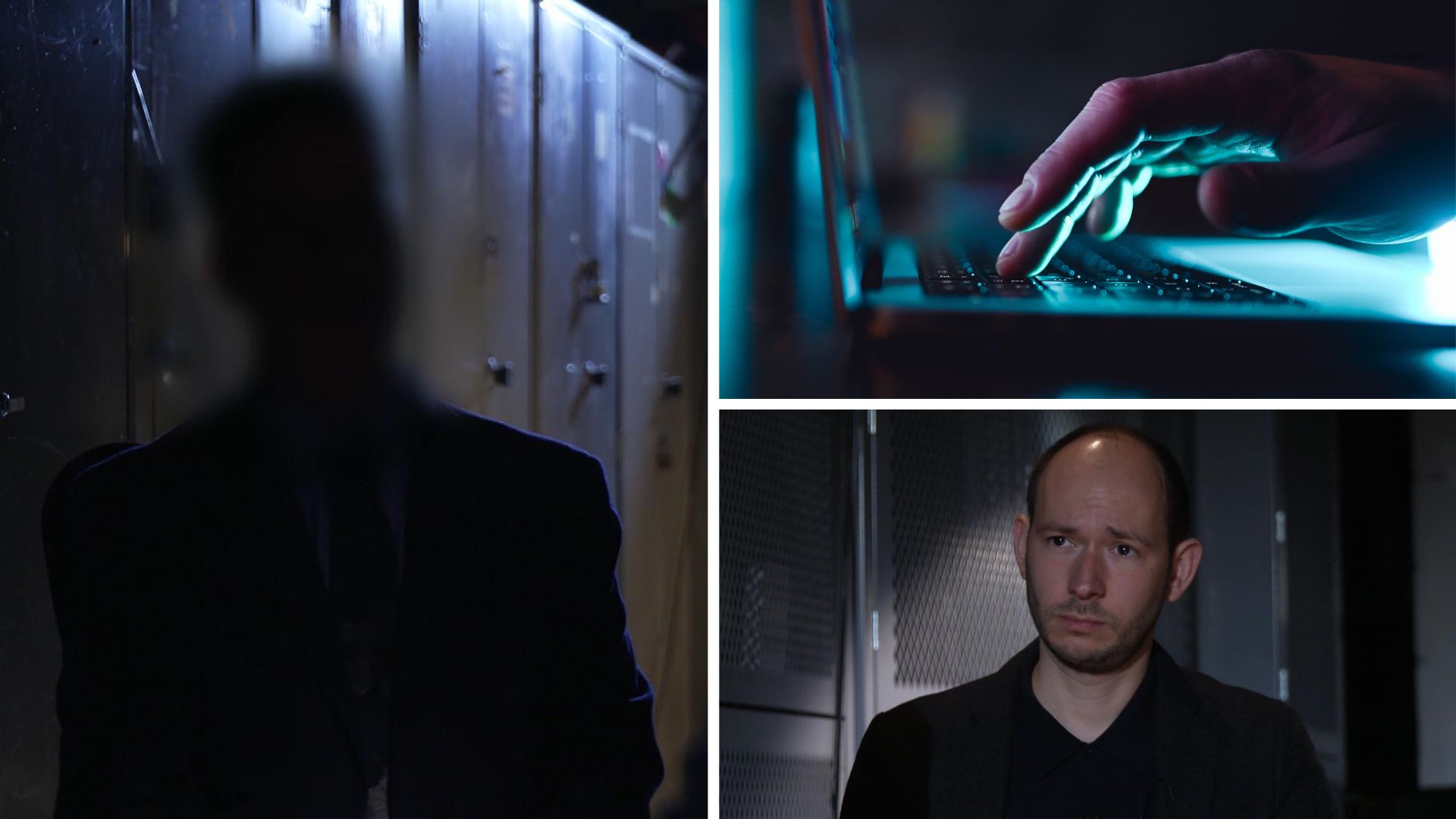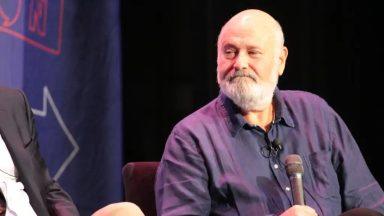The frontrunner in the race to replace Rishi Sunak as leader of the Conservative Party has said she does not believe immigration should be devolved to Scotland.
Kemi Badenoch said a separate Scottish visa system would be “extremely difficult” to police.
The Tory MP has made clamping down on legal and illegal immigration a big part of her campaign.
She said it was “critical” that immigration numbers in the UK are lowered.
The SNP has called for migration powers to be devolved to Holyrood in order to set up a Scottish visa system.
Glasgow East Labour MP John Grady had suggested that the UK Government was working on setting up such a scheme.
His colleague, Torcuil Crichton, Labour MP for Na h-Eileanan an Iar, appeared to back the idea, saying: “It shouldn’t be beyond us to devise ways to attract more people to work and settle here.”
The idea was quickly shut down by the UK Government though, which said it was “not at all considering a Scottish visa system”.
SNP MP Stephen Gethins has said a separate immigration system for Scotland could help alleviate staff shortages in parts of the economy.
Badenoch, who is running against former immigration minister Robert Jenrick in the Tory leadership race, said she is “absolutely not” open to those plans.
“You cannot devolve immigration,” she told the BBC’s Sunday Show. “We are one United Kingdom.
“The borders are the borders of the United Kingdom, not the borders between Scotland and England.
“I don’t think that that is the way.”
She said that while some places receive too much immigration “and others don’t even notice anything is happening”, a UK-wide approach was needed.
She said: “We need to look at a wholesale immigration and integration policy, rather than what we have which is turning into a free-for-all with most people staying in London and the South East, and big cities in the Midlands and the North, and Scotland not necessarily getting the skills it wants.”
Badenoch, who served as business secretary under the last government, said she would rather see migration to Scotland from within the UK.
She also said that training people could be part of the solution, although education is devolved.
Speaking about the high levels of immigration seen over the last few years, she said: “How is it that despite the liberalisation Scotland still doesn’t have the people it needs?
“We had 750,000 people come in in the run-up to 2022. Where are those people? Why are they not here if you need them?”
She added that a separate immigration system based on different tax codes in Scotland would be “extremely difficult to police”.
Figures published earlier this month showed that Scotland’s population had risen faster than at any time since the 1940s – a trend driven by migration.
The country’s population was at 5,490,100 on June 30 last year, according to the National Records of Scotland (NRS) Mid-Year Population Estimates for 2023.
That is up 43,100 from the middle of 2022, a 0.8% increase, and the biggest jump in one year since 1946-1947.
The NRS said that migration was the main driver of population growth, as international migration and people moving to Scotland from elsewhere in the UK continued to boost the country’s population.
In contrast, deaths outnumbered births by the largest amount on record, with 19,100 more people dying than being born.
Follow STV News on WhatsApp
Scan the QR code on your mobile device for all the latest news from around the country


 PA Media
PA Media

